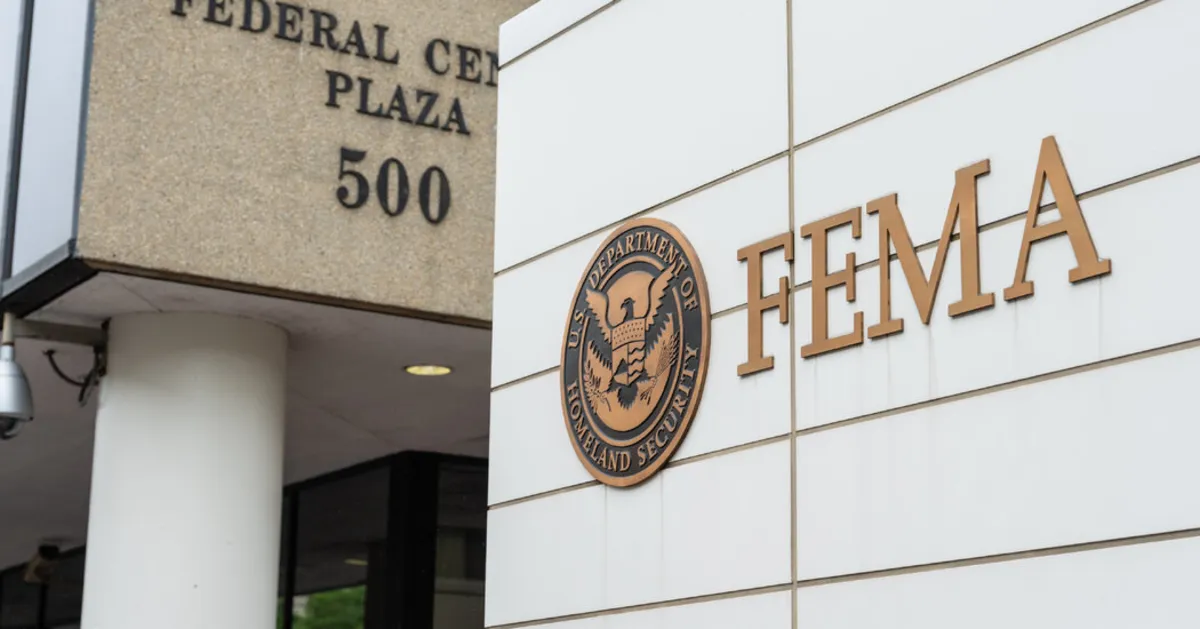
The Federal Emergency Management Agency (FEMA) took significant action on Tuesday by suspending approximately 30 employees. This decision came in response to a letter sent to Congress by these workers, in which they warned that the Trump administration has severely weakened the nation’s capacity to effectively manage hurricanes, floods, and other extreme weather disasters.
Out of the 182 FEMA employees who signed the letter, only 36 chose to attach their names, while the remainder opted to remain anonymous due to fears of retaliation. Those who did use their names received notifications on Tuesday night stating that they had been placed on paid administrative leave “effective immediately, and continuing until further notice.” These emails, which were reviewed by The New York Times, did not furnish any specific reasons for the suspensions.
Representatives from FEMA did not immediately respond to inquiries regarding the suspensions. Colette Delawalla, the executive director of Stand Up for Science, an advocacy group that aided in publicizing the letter, expressed concern that the suspensions appeared to be retaliatory. “Once again, we are seeing the federal government retaliate against our civil servants for whistle-blowing — which is both illegal and a deep betrayal of the most dedicated among us,” Ms. Delawalla stated.
The letter to Congress criticized President Trump’s initiative to significantly reduce FEMA’s operations and transfer more disaster response responsibilities — along with increased costs — to individual states. This letter was dispatched just days before the 20th anniversary of Hurricane Katrina, one of the deadliest and most expensive storms in U.S. history.
The group of FEMA employees articulated their concerns, stating, “Our shared commitment to our country, our oaths of office, and our mission of helping people before, during, and after disasters compel us to warn Congress and the American people of the cascading effects of decisions made by the current administration.” They expressed their hope that their warnings would “come in time to prevent not only another national catastrophe like Hurricane Katrina but also the effective dissolution of FEMA itself and the abandonment of the American people that such an event would represent.”
Among the suspended employees were two FEMA workers who played crucial roles in responding to the devastating floods that affected Central Texas in July, as noted by Ms. Delawalla. This incident is not isolated; the Trump administration has previously taken similar actions against employees who have spoken out. In July, the Environmental Protection Agency (EPA) placed 144 staff members on administrative leave after they signed a letter accusing the administration of politicizing the agency. The EPA also initiated an investigation into whether these employees signed the letter using government equipment while on duty.
Additionally, the Department of Homeland Security, which oversees FEMA, has reportedly ordered some employees to undergo polygraph tests to ascertain whether they leaked information to the media. This action has raised alarms among employees, who fear potential retribution for their involvement in such disclosures.
The developments at FEMA underscore a troubling trend regarding the treatment of whistleblowers within federal agencies, particularly in the context of disaster preparedness and response. As the nation approaches another hurricane season, the implications of these suspensions may have far-reaching consequences for the effectiveness of disaster management in the United States.